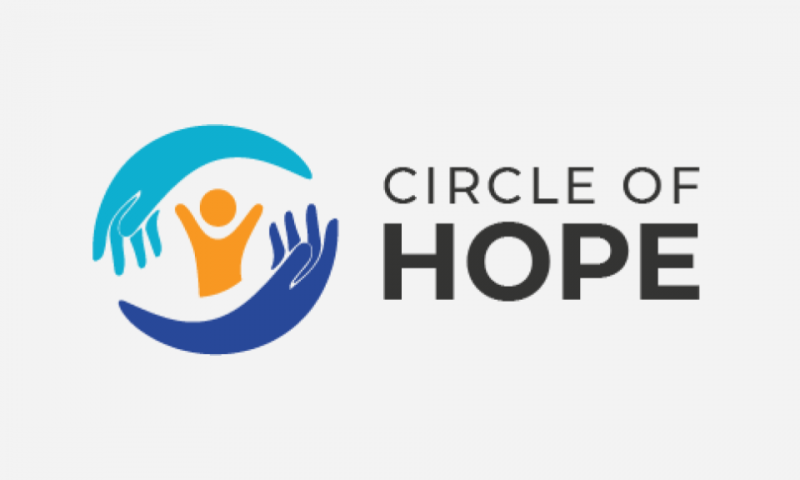Extending a Circle of Hope to caregivers of mental health patients
In conjunction with World Schizophrenia Day 2022 which falls on May 24th this year, the Circle of Hope, a joint collaborative effort by Malaysian Psychiatric Association, Ministry of Health Malaysia and Janssen Pharmaceuticals was launched.
Schizophrenia, a form of mental health illness which triggers hallucinations and delusions, affects 1 in 300 people (0.32%) or 24 million people worldwide and can occur at any age.(1) Other common mental illnesses include anxiety disorder, bipolar disorder, depression and obsessive compulsive disorder.
Mental illness refers collectively to all diagnosable mental health disorders involving or associated with significant changes in thinking, emotion and/or behaviour as well as distress and/or problems functioning in social, work or family activities.(2)
WHO reports that around 20% of the world’s children and adolescents have mental health disorders.(3)
Sharing at the Circle of Hope launch, key opinion leaders Dr Firdaus binti Datuk Abd Gani, Lead for Circle of Hope; Dr Salina Abd Aziz, Head of National Psychiatric Services, Ministry of Health Malaysia; Datin Dr Riana binti Abdul Rahim, the Psychiatrist in-charge of MENTARI KL, the Community Mental Health Centre under the Ministry of Health and Dr Hazli Zakaria, the current President of the Malaysian Psychiatric Association (MPA), voiced a growing concern that mental health problems are on the rise not only in Malaysia but globally and cases are also being detected among the younger population.
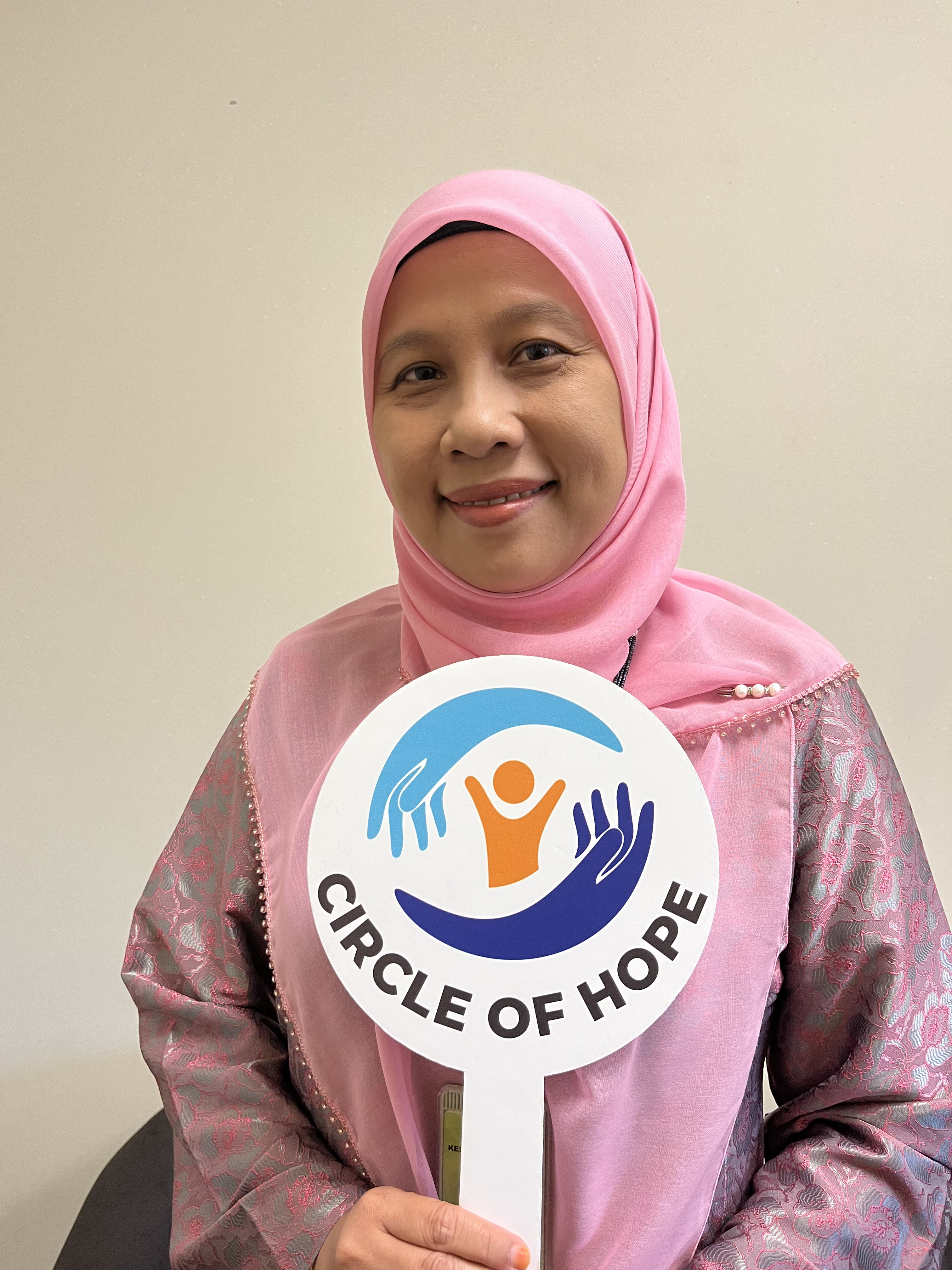
Datin Dr Riana said, “In Malaysia, incidence of mental illness has risen from 10.7% in 1996 to 29.2% in 2015 while 500,000 adults suffer from depression.3 It’s becoming more common and it’s likely that every person knows at least one person with mental illness in his or her lifetime.
“The National Health Morbidity Survey 2015 cites 1 in 3 adults or approximately 29% suffer from mental health, with many more potentially under-diagnosed, while 12% of children have also been detected with this illness.”(4)
In addition, Covid-19 has further exacerbated matters. A study conducted in August-September 2020 among 1,163 adults showed that symptoms such as depression (59.2%), anxiety (55.1%) and stress (30.6%) were detected among the group surveyed.(5)
She added, “With such escalating numbers, mental health is expected to be the 2nd most common health problem affecting Malaysians, after heart disease.(6) It also poses a national burden as it impedes productivity, with economic cost estimated to be about RM 14.5 billion.”(7)
Dr Salina, in her capacity as Head of Psychiatric Services at the Ministry of Health, shared, “Managing mental health problems requires a holistic and collaborative effort of multiple parties. Certainly, the physician manages the acute care, but the road to recovery is long and we need to work closely and concertedly with mental health based non-governmental organisations (NGOs), the patients’ family, the workplace and society at large in order to be able to journey with these patients. Sensitising people around mental health patients is crucial to help them return to functionality. And, we must also not forget the burnout and stress of caregivers who are on this journey. We need to care for the caregivers too and this is the central concept behind the Circle of Hope. Making a difference for the patient calls for a 360° approach for effective caregiving for all concerned.”
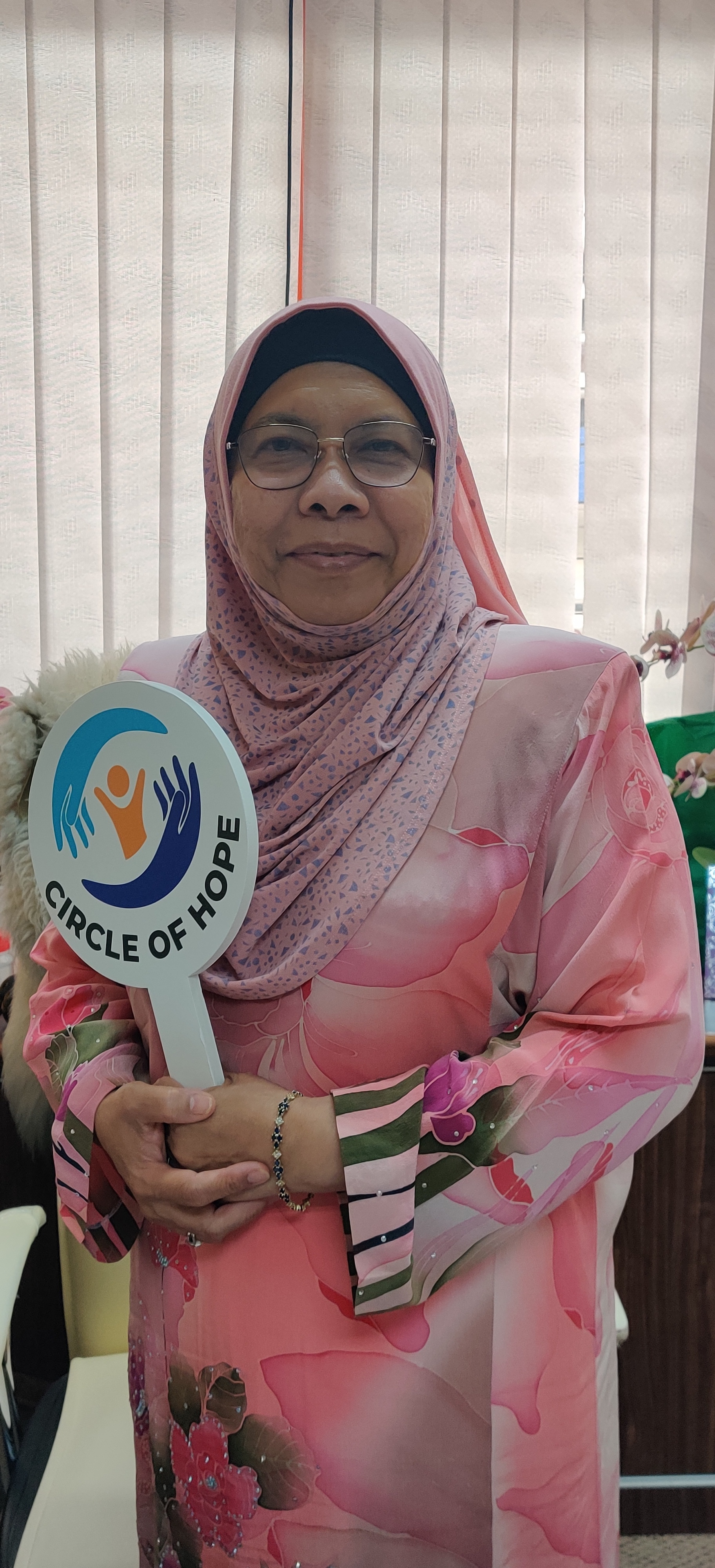
“It is in response to such concerning data as well as past research highlighting the increased psychological distress due to the burden and highly challenging task of caregiving, that the Circle of Hope was birthed,” shared Dr Firdaus, the lead for the Circle of Hope.
She explained that the programme was designed as a caregiver support initiative, recognising that every caregiver plays a very important role in caring for their loved ones with mental illness and the challenges for both can be overwhelming.
“The aim behind the Circle of Hope is essentially about empowerment through support and information. Modelled along a ‘train the trainer’ concept, it allows caregivers to benefit from a support group to obtain stronger emotional support and the right information from other experts and caregivers who have similar experiences,” she added.
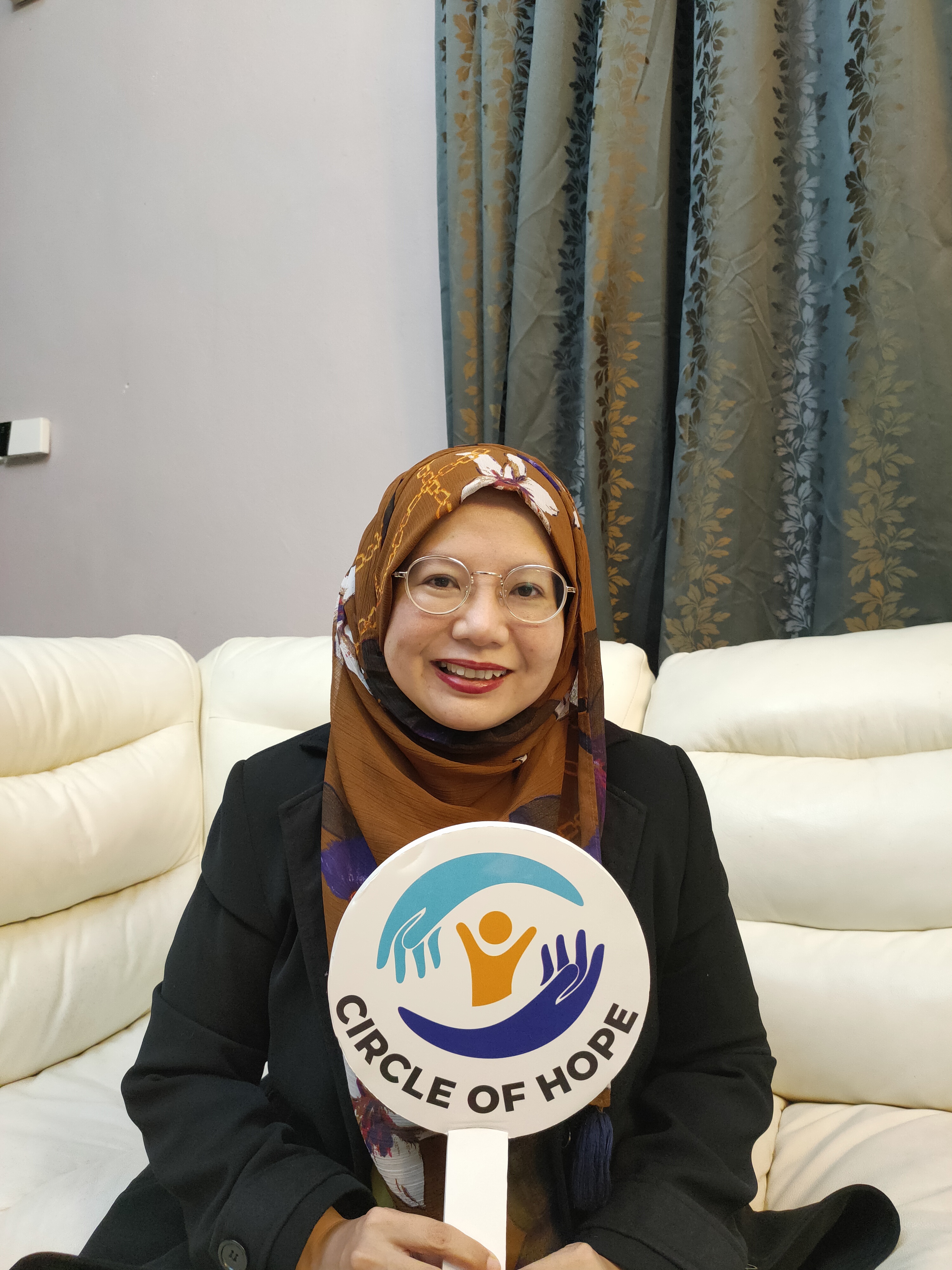
Implemented along a three-pronged objective, the Circle of Hope comprises a group of trainers who will train caregivers of mental health patients and at the same time touch the lives of these caregivers. It will upscale caregivers’ knowledge on mental illness and equip them to support the patients’ journey towards rehabilitation and recovery. It also seeks to develop the caregivers’ basic skills of advocacy so they can guide patients back to functionality.
Sharing on the planned milestones for the Circle of Hope, Dr Firdaus said, “To date, we have mounted a team of 120 trainers who will train 4,000 caregivers. Within this structure, the Circle of Hope would effectively reach out to some 20,000 family members and mental health patients to make a difference for both the caregiver and the patient.”
The Circle of Hope trainings are designed to address the primary impacts on family caring for mental health patients which centre on financial, social, psychological and physical health issues. The comprehensive training comprises five modules - understanding mental illness, the treatment of mental illness, handling crisis, caring for caregivers and recovery in mental illness.
Caregivers are guided to understand cultural context; the myths and misconceptions of psychiatric illness; bio-psychosocial and spiritual components; how to communicate, detect signs and symptoms and where to seek help; stress management, relaxation techniques, relapse prevention; advocacy and how to help patients return to work.
Debunking the myths and misconceptions surrounding mental illness that it is a sign of weakness, is incurable or caused by others or due to ancestral wrongdoings, Dr Hazli reiterated, “Mental illness is a treatable medical condition. Early detection, diagnosis and treatment by a clinician are important for better prognosis and faster recovery. In addition, the concept of family involvement in helping care and support patents is core to what we seek to achieve.”
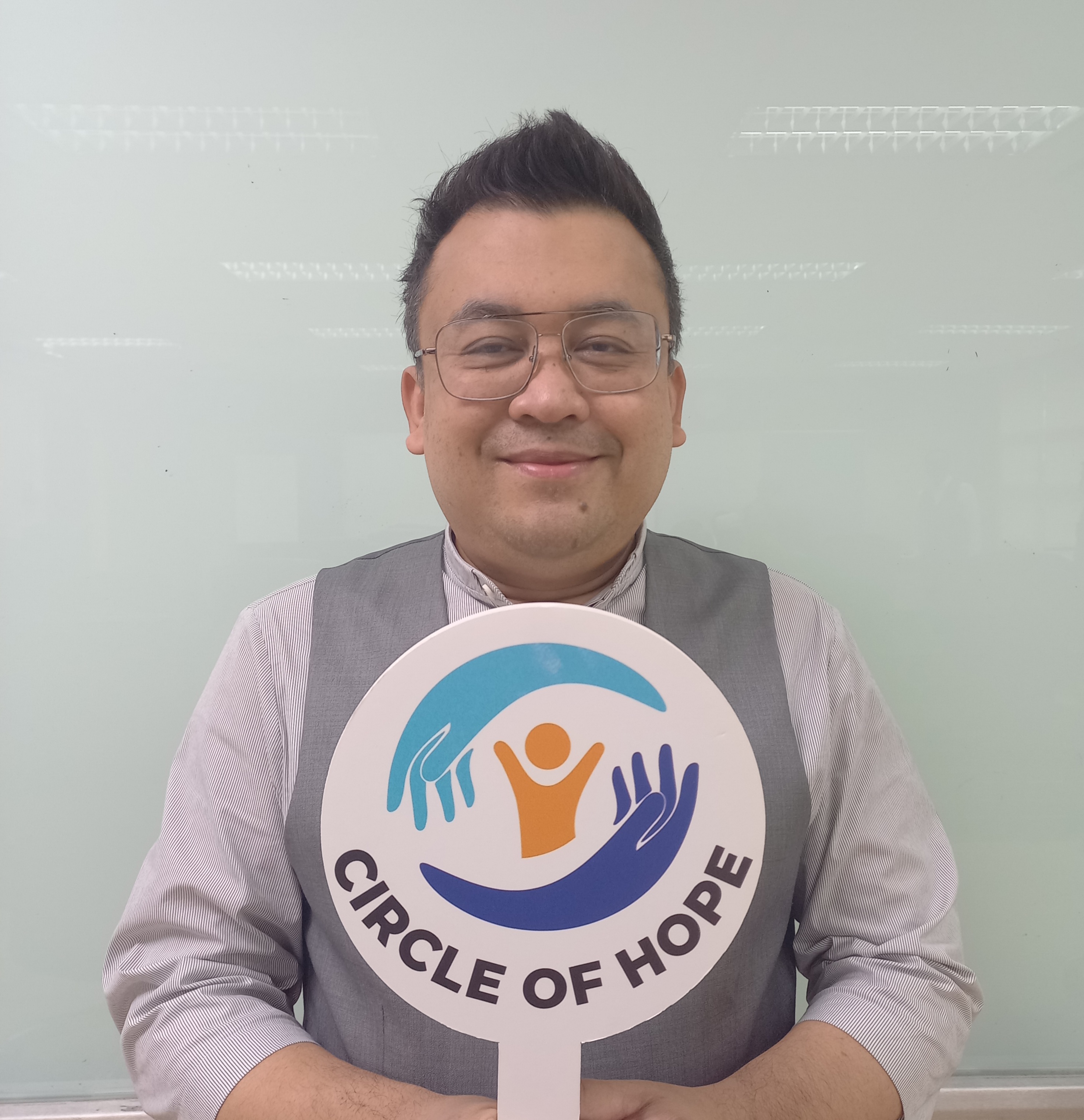
He explained, “The main cause of mental illness is the dysfunction of the brain which could be attributed to imbalances in the secretion of neurotransmitters meaning the chemical messengers in our nervous system, brain damage as a result of injury, tumour or infection, stress or abnormal hormone secretions. And, just like other medical conditions, it can range from mild to severe.”
Risk factors for mental illness can be brought on by social factors such as issues in relationships with family, spouses and friends or feelings of loneliness, isolation or neglect. Societal and environmental factors can also trigger the onset while other contributing factors include genetics, trauma, history of abuse, chronic medical conditions, stress, lifestyle and even substance abuse.
“Refer your family or loved ones to a mental health professional at government or private health centres if you detect abnormal patterns in their feelings, behaviour, thinking and changes in their overall physical well-being. And, if you know any caregivers of mental health patients, share with them about the Circle of Hopeand the fact that they need not journey alone on this tough road. They just need to speak to their healthcare professional or reach out to the nearest Community Mental Health Centre (MENTARI) or any mental health-based NGO to learn how you can be part of the Circle of Hope. Let’s play our part as a family member on this mental health journey,” concluded Dr Hazli.
References:
World Health Organization. Schizophrenia. 2022. Available at: https://www.who.int/news-room/fact-sheets/detail/schizophrenia. Accessed 23 Feb 2022.
American Psychiatric Association. What is mental illness? 2018. Available at: https://www.psychiatry.org/patients-families/what-is-mental-illness. Accessed 18 Sep 2021.
Institute for Public Health, National Institutes of Health, Ministry of Health Malaysia 2020. National Health and Morbidity Survey (NHMS) 2019:Vol. 1: NCDs-Non Communicable Diseases : Risk Factors and other Health Problems
Institute for Public Health. National Health and Morbidity Survey 2015. Vol II: Non-Communicable Diseases, Risk Factors & Other Health Problems. Malaysia, 2015.
Wong, LP, et al. Escalating progression of mental health disorders during the COVID-19 pandemic: Evidence from a nationwide survey. 2021. PLoS ONE 16(3): e0248916. Available at: https://doi.org/10.1371/journal.pone.0248916.
Hassan MF, et al. Issues and challenges of mental health in Malaysia. IJ-ARBSS. 2018;8(12):1685-1696
Chua, S.N. (2020). Workplace mental health : The business costs. Relate Mental Health Malaysia. https://relate.com.my/the-business-costs-of-mental-health/ISBN:978-967-19054
This content is provided by Malaysian Psychiatric Association.
Interested in having your announcements on Malaysiakini? Contact the announcements team at [email protected] or whatsapp on +60 17-323 0707 for urgent matters.
RM12.50 / month
- Unlimited access to award-winning journalism
- Comment and share your opinions on all our articles
- Gift interesting stories to your friends
- Tax deductable
